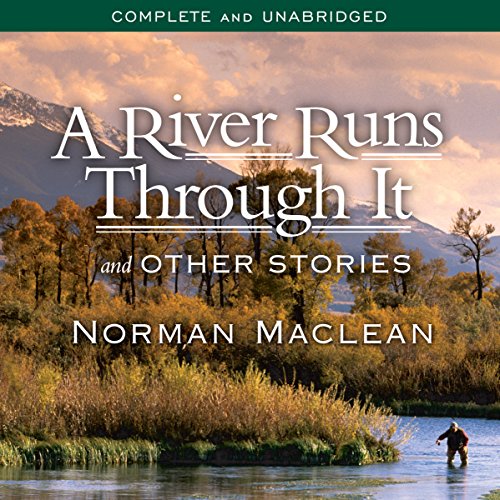Thursday Murder Club is a series of well-written books by Richard Osman, a British author, producer, and television presenter. We listened to the entire series, though not all, in the first quarter of 2024 and present from left to right in the series order. You cannot trust any of the senior residents living at Coopers Chase Retirement Village, where these four pensioners meet on Thursdays in the Jigsaw Room to investigate unsolved local murders that the local police have let grow cold. Despite the serious nature of the crimes, you will find yourself laughing as Club members find critical clues and make the police look incompetent.




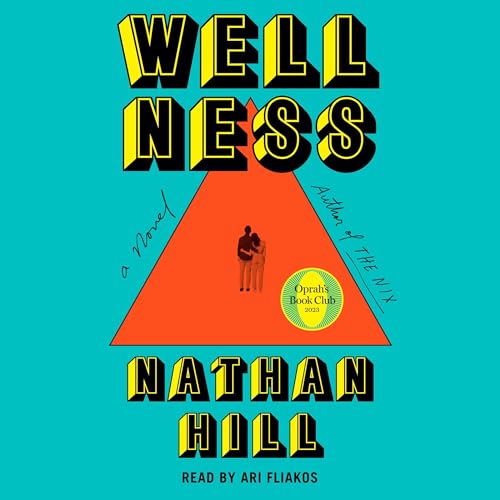
Nathan Hill’s Wellness: A Novel is another NYT Bestseller and NPR Best Book of the Year. It is about a modern couple in urban America who struggle with misunderstanding each other and cannot leave their own dysfunctional childhoods. The husband is also challenged by a MAGA-like father, in his dotage, who has discovered the dark side of internet conspiracies and acts upon them. The wife is involved in the unregulated side of the wellness industry and is financially rewarded, but it eats at her soul. It was an enjoyable read on Audible.
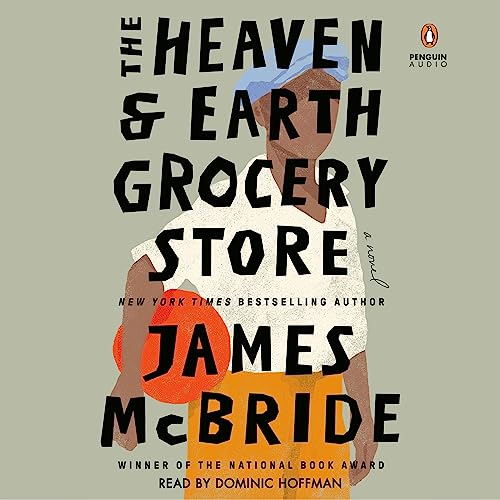
You need to read or listen carefully to the first chapter of James McBride’s well-crafted novel The Heaven & Earth Grocery Store because it becomes essential late in the story. The setting is a grocery store in a black and Jewish neighborhood in Pottstown, Pennsylvania, called Chicken Hill. It is an award-winning, compelling story of community, family, love, and some violence worth reading.
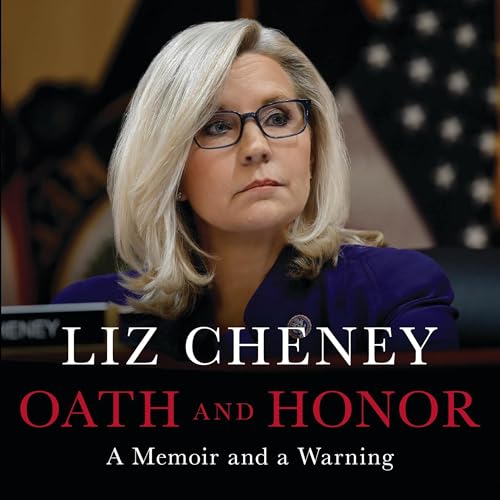
Oath and Honor: A Memoir and a Warning was written by Liz Cheney, a politician I disliked until the Congressional Select Committee investigation of the January 2021 insurrection. I disliked her father even more. I was wrong on both counts. The book and the story are compelling, and I stand in awe of the courage and integrity of Liz Cheney for her commitment to the U.S. Constitution and truth. She reinforces my pride in being a lawyer.

Great Expectations by Charles Dickens finally reached the top of my reading list in 2024. It is a classic, and I’ll not spend much time telling you it should be on your list. This book is not the reason Dickens is one of the great English language authors of novels that have stood the test of time, but it is also a classic Dickens that offers characters you cannot get anywhere else.
Disclosure: We knew the author when she was a child living in Skagit County with her family. Her first book, Maid: Hard Work, Low Pay, and a Mother’s Will to Survive, has been the subject of discussion locally, as anyone who has read it will understand. Her family attended our church in the early 1980s until they moved to Alaska. My wife, Debbie, is identified in the book as the RN who recalled Stephanie and was kind to her at a medical clinic. It was challenging to read her (unsigned hardback) book, knowing the family and not knowing the hardship Stephanie was experiencing in the years she lived in and around Skagit County. I believe her book is highly acclaimed because she conveys raw emotions about a difficult life where no good deed goes unpunished.
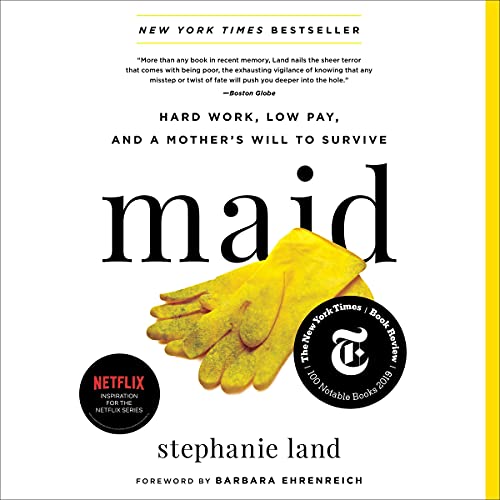
Amor Towles has become one of my favorite contemporary authors, so I was delighted when Table for Two was selected for the Skagit Valley Book Club. Towles has assembled a collection of short fiction stories and a novella. Table for Two is fine work but not comparable to A Gentleman in Moscow or Lincoln Highway. That being said, Evelyn Ross, in the novella, is a character not to be forgotten.
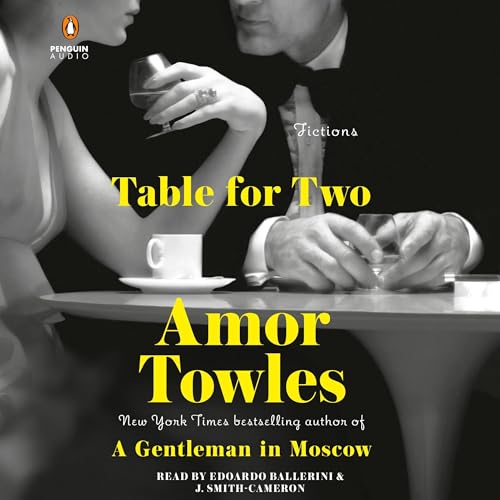
News of the World by Paulette Jiles is a book title that has almost no relationship to the theme or plot. That is not true of Chenneville: A Novel of Murder, Loss, and Vengeance by the same author. As you can see from the cover, News of the World was made into a movie because it is a compelling story of hardship, creating character and integrity. Chenneville is about a Union soldier, John Chenneville, coming home to the senseless slaughter of his sister and her family and the struggles he goes through to find their killer. You will find yourself rooting for John to get revenge and justice for his family.
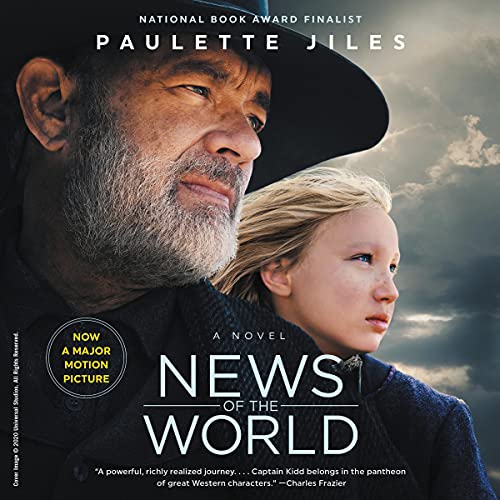
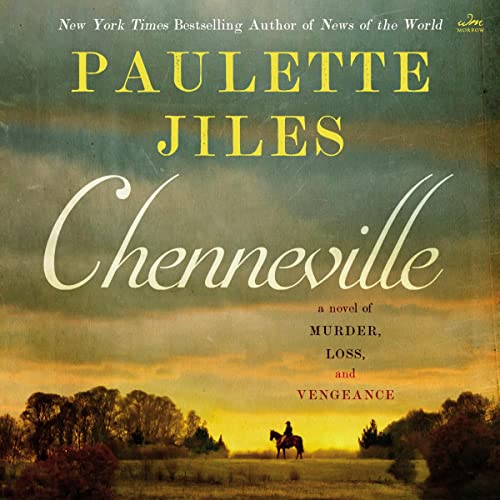
Lessons in Chemistry is more about challenging the status quo than how to combine chemicals safely. This NYT Book of the Year by Bonnie Garmus is about stupid white men trying to control an intelligent woman, Elizabeth Zott, who refuses to accept the 1960s convention. The book was made into an Apple TV+ series I watched before reading. Subsequently, it became a Book Club selection, and I worried that it might not match the quality of the television series. It was worse than I could have imagined.
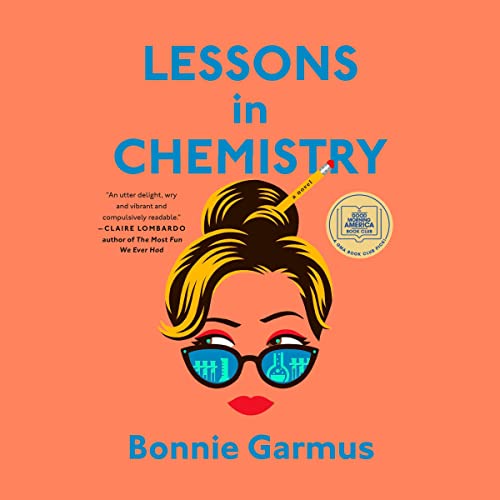
Men are retarded brutes who live on prejudices and lower base instincts, and women are primarily virtuous and put up with men to save the family. There is the lying bishop at the boy’s home who thinks only of money, the pastor who does not believe in God, the TV station manager who has to be the worst boss ever created in literature and would make Archie Bunker blush, the UCLA dean who raped Elizabeth and got her expelled from school, and her father who is in prison for being an evangelical fraud and murderer and drove his son to suicide. Don’t forget the executive at the lab who is clueless and plagiarizes Elizabeth’s work. The author feeds on stereotypes and prejudice. Still, it was entertaining.
In response to a question about understanding the conflict in Palestine, a friend recommended The Lemon Tree: An Arab, a Jew, and the Heart of the Middle East by Sandy Tolan. Certainly, there are many books on this topic, but Lemon Tree takes a refreshing approach by documenting the histories of two families in Palestine, one Arab and one Jew, centered on a home that belonged to the Arab family before the 1967 Six-Day War. Their story and struggles become a method of understanding the many decades of conflict in Israel. The dialogue between these families brings light to this challenging topic.

This book was written too early. Now that he is in the news more than ever, Walter Isaacson’s Elon Musk should be updated by the author to fully capture the personality of this controversial character. I read the book mainly because of the author’s work in Steve Jobs, another bestselling biography, and I was not disappointed in Musk. I can say I’m disappointed in Mr. Musk (full disclosure: I drive a Tesla) since he purchased Twitter in 2022. Nevertheless, this book deserves your attention if you want to understand Mr. Musk, and there is every reason you should since he refuses to leave the world stage.
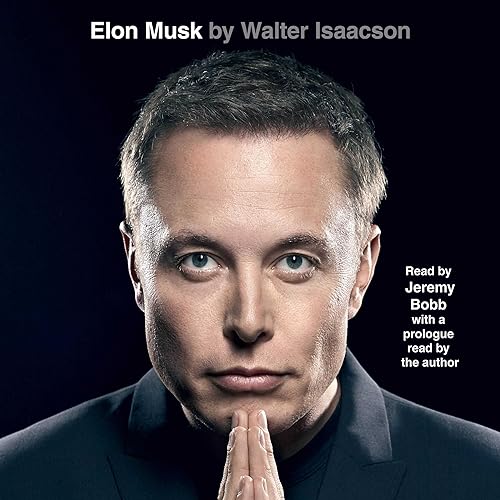
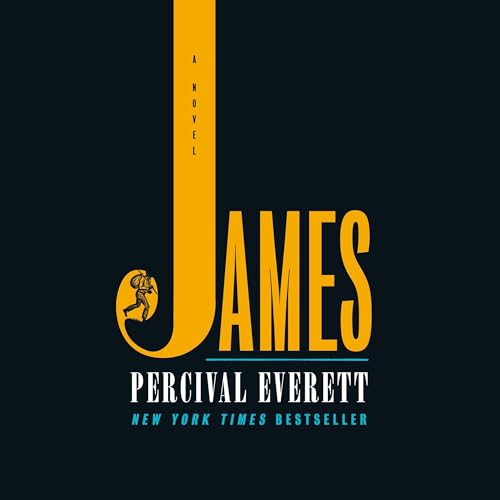
I enjoyed and highly recommend James by Percival Everett. Do yourself a favor and get the Audible version, which Dominic Hoffman narrates. James is the Adventures of Huckleberry Finn through the eyes of Jim, the slave who accompanied Huck on his Mississippi River adventure. Audible says: “Brimming with the electrifying humor and lacerating observations that have made Everett a “literary icon” (Oprah Daily), and one of the most decorated writers of our lifetime, James is destined to be a major publishing event and a cornerstone of twenty-first century American literature.” The review is a little over-the-top, but not by much.
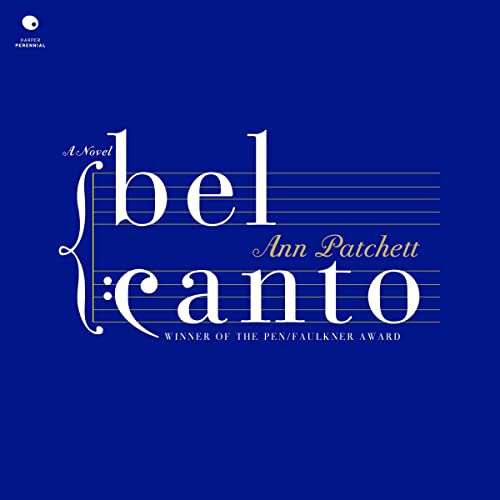
I greatly enjoyed Bel Canto by Ann Patchett, a NYT best-selling book published in 2004. Again, I listened to the Audible version and was delighted with Anna Fields’s narration. I’m not an opera fan, but this book moved me closer to appreciation. Bel Canto means beautiful singing, and you will find beautiful character development in this novel about a botched terrorist kidnapping in an unnamed South American country.
We are fans of John Grisham, and I have read almost everything he has published, including Camino Ghosts. You are in the hands of a master craftsman with this book, which is part of a series about a bookstore on fictional Camino Island. I have more to say about John Grisham’s books here.
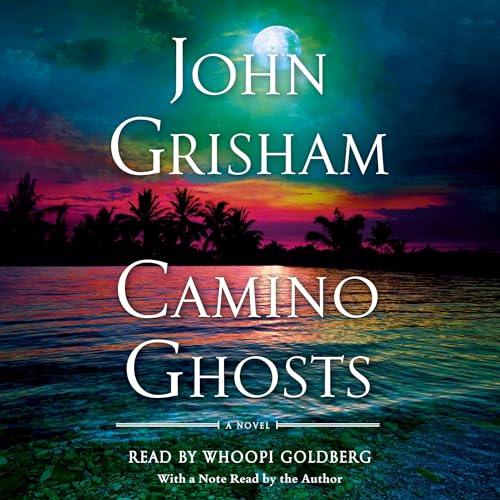
Our September Skagit Valley Book Club selection is Peace Like a River by Leif Enger, and it will be interesting to hear the comments from our Club members. This is a decidedly Christian-influenced novel about a midwestern family in the 1960s who experience miracles and heartbreak. The book follows an unpredictable plotline with characters who touch your soul. Our Book Club includes men of faith and men like I was before coming to a saving knowledge of Jesus. The discussion about Peace Like a River should be engaging.
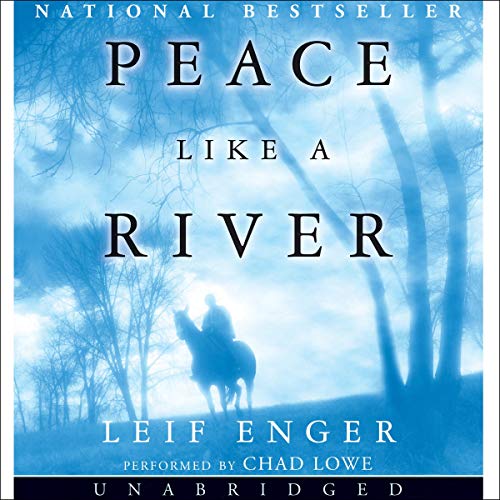
A friend recommended Demon Copperhead by Barbara Kingsolver and said it was over 500 pages (over 21 hours on Audible) and I advised that my book club tries to limit book selections to under 500 pages. Surly, he recognized my comment was more of an excuse than a reason not to read the book. Toward the last chapters, I did not want the book to end. This Pulitzer Prize winner is filled with humor, heartbreak, love and longing, addiction and recovery, structural poverty, and class struggle. There are many characters, and at times, it was hard to keep up, but they are well-rounded and engaging. The plot involves the opioid epidemic in 1990s Appalachia and the destruction that followed as lives were destroyed. It is much more than that and deserves the accolades the book has earned. I knew something about drug addiction from my years as a prosecutor and criminal defense attorney, but the story of Demon Copperhead had much to teach me.
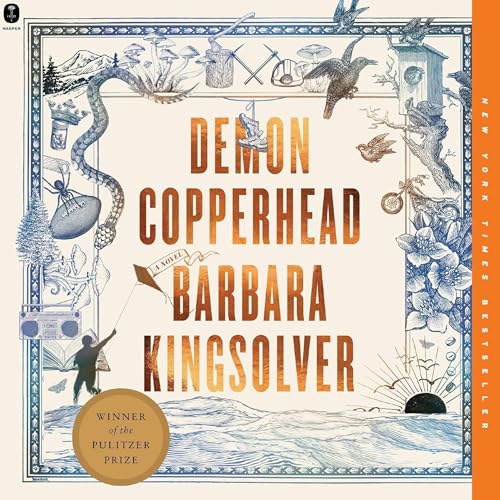
Dancing at the Rascal Fair is the second novel in Ivan Doig’s Montana Trilogy. The first was English Creek, which I read a few years ago and was assigned by my Book Club. The main character in both books is the Two Medicine country in Montana at the turn of the twentieth century, where homesteaders endured harsh conditions that Doig describes in brilliant detail. I was not expecting Dancing to be a romance novel, and I almost abandoned the book at the halfway point. I grew weary of the back-and-forth love life of Angus McCaskill, a young Scottish immigrant to Montana who is better at raising sheep than deciding between two women who come into his life. My persistence was rewarded as Doig painted a picture of struggle, love, family tragedy, and yearning amid the beauty of Big Sky Country in the final and exciting closing chapters. SPOILER ALERT: A boot caught in a stirrup brought an end to life and a new beginning for a long-neglected marriage.
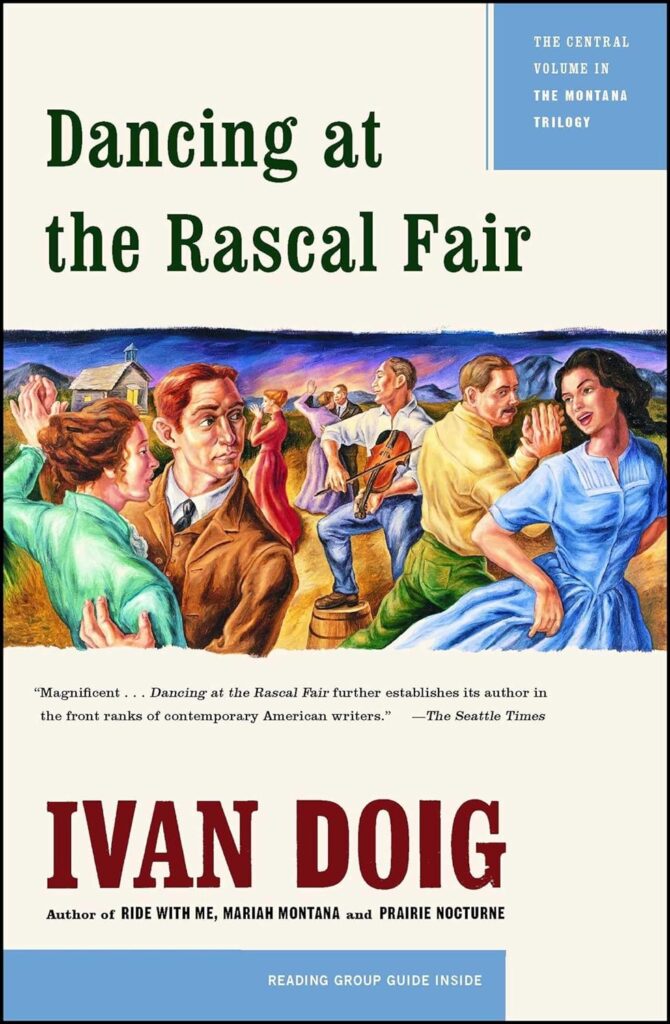
We should start with the rules: You can’t read one without the other, and you must read The Plot first. These two novels by Jean Hanff Korliz are closely related stories about a married couple who are both authors of best-selling novels, with one a plagiarizer and the other a homicidal maniac. Jacob Finch Bonner had an undistinguished writing career followed by spectacular success with a book based on a stolen plot from an author who died before his work was published. The fictional characters in “Crib” are the product of Bonner’s acquired plot, while the real characters in The Plot: A Novel (2021) have different names but similar roles. Bonner marries a woman with a complex background, and everything is going well until things start to unravel. His wife, Anna Williams-Bonner, becomes the grieving widow after Bonner is thought to have committed suicide, and she writes a best-selling novel called “The Afterward” that fictionalizes her husband’s death. Korliz captures that story in The Sequel, published in 2024, which begins where The Plot left off. It turns out that Anna Williams-Bonner specializes in remorseless homicide and cleverly invents rationals for killing parents, a sibling, a daughter, a husband, and strangers when necessary. If that is not enough, she also steals identities. Oh, and the night the lights went out in Georgia is when our protagonist buries her backwoods southern lawyer on top of her daughter’s coffin. You need to both books to learn how that works out.
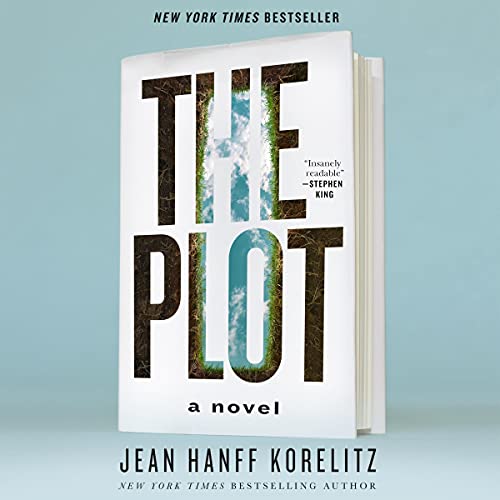
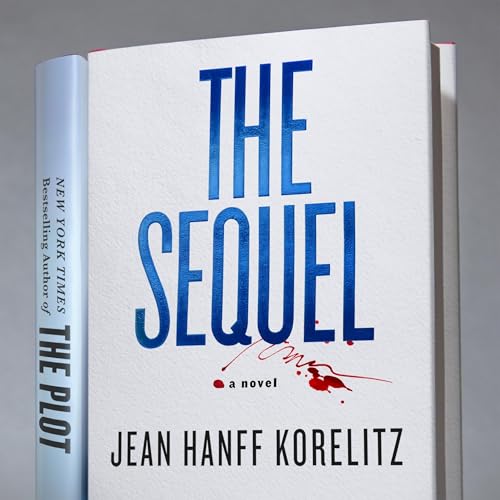
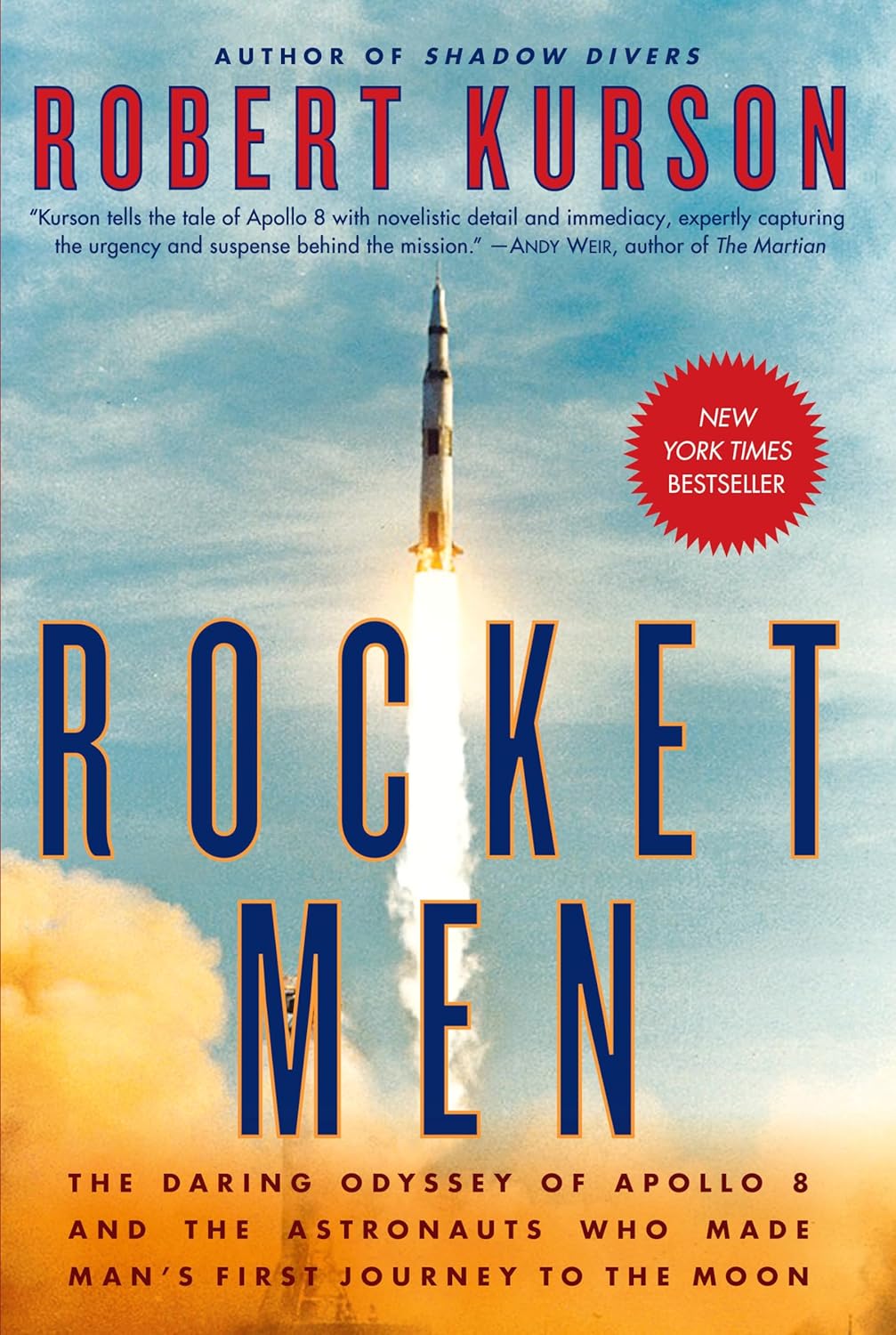
I feel fortunate that Rocket Men by Robert Kurson was assigned reading by my book club. It is a well-written account of the successful 1968 Apollo 8 NASA mission to orbit the moon, which included the three astronauts returning home during Christmas. As you may read in other sections of the Portfolio, I was in a bunker on the Korean DMZ in the winter of 1968 and knew nothing, or almost nothing, of this historic event taking place around the moon above me. Apollo 8 is on a long list of events I missed in 1968, including the assassinations of MLK, Jr. and RFK, riots at the National Democratic Convention in Chicago, the Summer Olympics in Mexico City, and the release of some excellent (now classic) rock music albums. Rocket Men filled in the gaps for me, not only about the Apollo 8 mission but of many other events in the last half of 1968. The book is also an intimate description of the crew, Frank Borman, Jim Lovell, and Bill Anders, how they grew up, joined the military, became astronauts, their families, their Christian faith, and their sacrifices for the NASA mission. The book ends with four words taken from one of thousands of telegrams sent to the returning astronauts, which read: “THANKS. YOU SAVED 1968.” Reading Rocket Man saved and supplemented my 1968 Army experience, for which I am grateful.
As a practitioner of faith and fly fishing, I found the opening sentence of A River Runs Through It the most compelling. Norman Maclean writes, “In our family, there was no clear line between religion and fly fishing.” The book is more about family and fly fishing than religion. It also becomes clear that rules for life in Montana are like some religious edicts; they remain flexible. Thus, the prohibition on drinking while fly fishing does not include beer drinking. The Scottish Presbyterian Maclean clan tolerates people from other faith traditions but has no respect for bait fishermen and West Coasters. This book is character-driven with enough pathos to make it a compelling read. I enjoyed the many characters, but Old Rawhide has to be the most colorful. The description of Montana geology reminded me of Bretz’s Flood and Maclean’s description of the Megaflood that carved the landscape of Western Montana, Idaho, and Washington. Another successful Skagit Valley Book Club selection.
